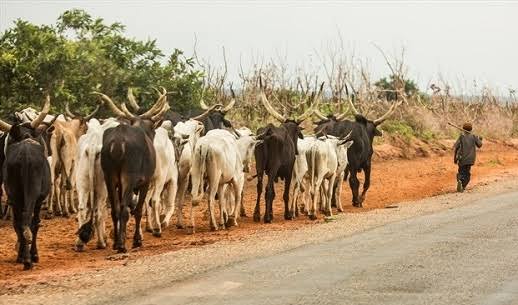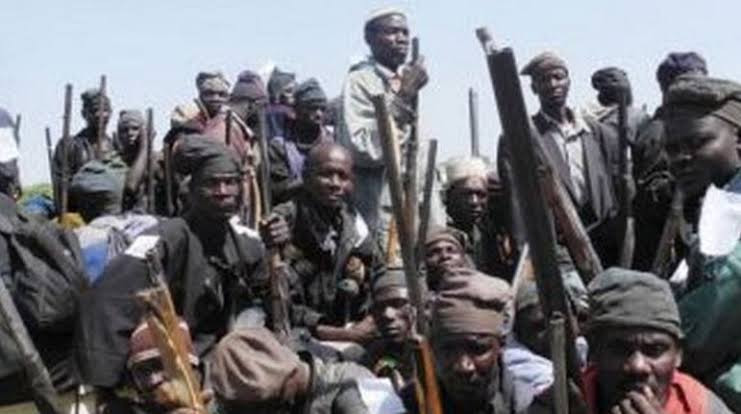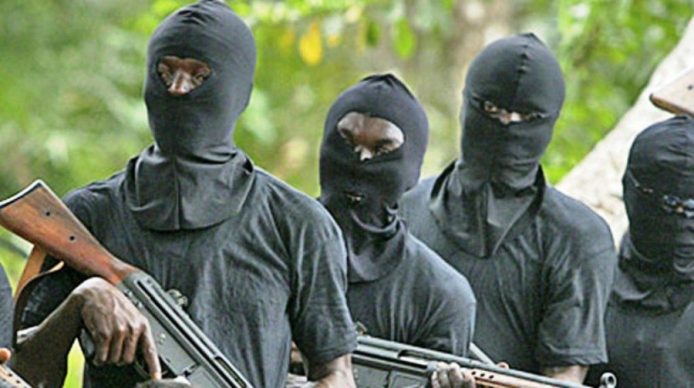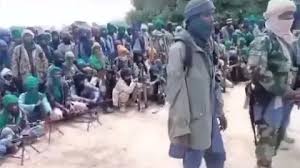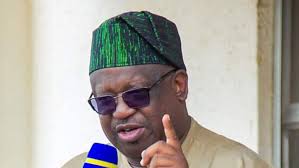News
Herders’ land grab: Fulani withdraws ownership claims of Plateau community

By Moses Mark
Fulani herdsmen in Rankum Village of Riyom Local Government of Plateau State have withdrawn their earlier claims of land ownership they forcefully took over from Berom natives in Rankum village.

Representative of the Fulani herdsmen who had forcefully taken over the Rankum community from the natives and renamed it “Mahanga” Alhaji Salim Umar told officials of the Sustainable Development Goals in Abuja that they have withdrawn their claims.
“We are not in contention over ownership or name of any community,” Alhaji Salim Umar, a representative of Fulani herders in Rankum, a community allegedly annexed and renamed Mahanga in Riyom Local Government Area of Plateau State, Tuesday told officials of the Sustainable Development Goals in Abuja.
The herders had in a previous meeting with officials at the Office of the Senior Special Adviser on SDGs claimed to have stayed in the community for 200years.
According to their leader, Muhammadu Adamu, said they were first settled in the community before any other tribe, thus reserving total rights over it.
The controversy started after the building of a Primary School in the community by the SDGs office, and naming it after a Fulani leader – “Ardo Mamuda Primary School, Mahanga.”
Not reflecting the native identity of the community in the naming of the project, the Jol Community Development Association said “legitimizes land-grab”.
In a petition to the SDGs office, signed by its Chairman, Joshua Bashash and 43 others, the community demanded “justice and fair play” against “official endorsement” of forcefully acquired territories.
The Secretary to OSSAP-SDGs, Mr. Danjuma Dauda, in a dialogue meeting with representatives of the two communities in Abuja appealed to the Member representing Barkin Ladi/Riyom Federal constituency in the Nigerian House of Reps, Simon Mwadkon to locally reconcile all contending issues and report back with the outcomes for further officiation.
At the reconvened meeting at the SDGs office last Tuesday, the herders said they were after government care, not ownership rights.
“Whether the Fulani have been there for three days or three hundred years, the fact is that they are human beings and need government care as well,” said Mr. Umar.
Representative of Jol Community Development Association, Barr. Solomon Dalyop supported the equitable provision of basic social amenities to people of all tribes in the State, Fulani included, provided the rights of native land owners are protected.
“We are not seeking the demolition of the school. It is a positive development and we welcome it wholeheartedly. But let the right thing be done,” he said.
The member representing Barkin Ladi/Riyom federal constituency in the Nigerian House of Reps, Simon Mwadkon particularly requested for more interventions from the SDGs office and other federal agencies for all citizens in the constituency, but also insisted on maintaining “status quo”.
Plateau State Commissioner of Secondary Education, Mrs. Elizabeth Wapmuk, whose records do not reflect any prior discussions with the SDGs office before the execution of the controversial Mahanga school, also cautioned against actions likely to cause conflicts.
The representatives of SDGs and Speaker, House of Reps, Mr. Danjuma Dauda and Shehu Hassan respectively, lauded the peaceful resolution of the issues, mandating local officials to oversee further deliberations on the matter while federal records on the project are being reconciled.
The Chairman of Riyom Local Government Council Hon. Mafeng Gwalson, has confirmed holding followup talks with both communities with “peaceful resolutions” reached.
According to him, the meeting last Friday, with the community leaders and representative of Riyom constituency in the State House of Assembly as well as Hon. Simon Mwadkon, the House of Reps member for Riyom/Barkin Ladi constituency, resolved to reverse the name of the community to its original native name, with the SDGs school reflecting same.



